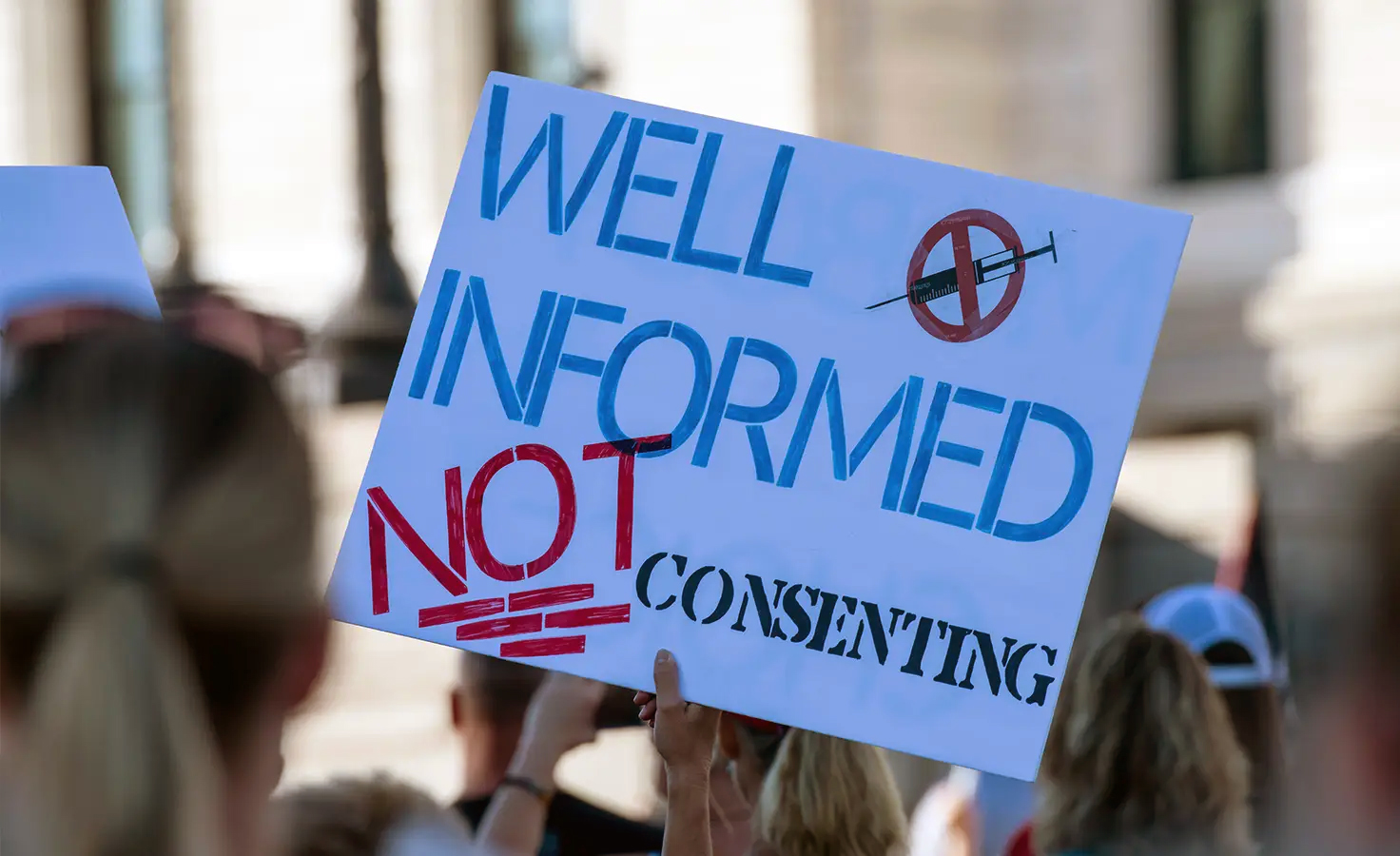Pre-pandemic conspiratorial mindset predicted hesitance to accept COVID-19 vaccine
Scholars have found that acceptance of COVID-19-related conspiracy theories is associated with hesitance to take a COVID-19 vaccine. But data gathered during the pandemic about belief in COVID-specific conspiracy theories cannot determine whether what is at play are conspiracy beliefs that the hesitant individuals held prior to the advent of the pandemic.
Now, a new panel study published in the open-access journal Scientific Reports by researchers at the Annenberg Public Policy Center (APPC) addresses that question. The study shows that people who evinced a conspiracy mentality in 2019, prior to the pandemic, were subsequently more likely to believe COVID-19 conspiracy theories. Individuals who held conspiracy theories on topics such as the fluoridation of the public water system and the perpetrators of the 9/11 attacks were those most likely to report in 2021 believing that, for example, the coronavirus was created by the Chinese as a bioweapon or that Bill Gates was malevolently involved in the design of COVID vaccines.
These individuals were also more likely in January 2021 to report hesitance to be vaccinated against COVID-19.
“By reinterviewing individuals before and then during the pandemic, we are able to determine the forms of belief that predisposed some in the United States to be wary about the COVID vaccines long before the pathogen appeared on our shores,” says co-author Kathleen Hall Jamieson, director of the APPC. “We found that having a conspiracy mindset played an important role.”
Dan Romer, the lead author and APPC’s research director, says “the findings illustrate the importance of finding ways to undercut a conspiracy mindset in general and conspiracies about health-related matters specifically.”
Read more at Annenberg Public Policy Center.



